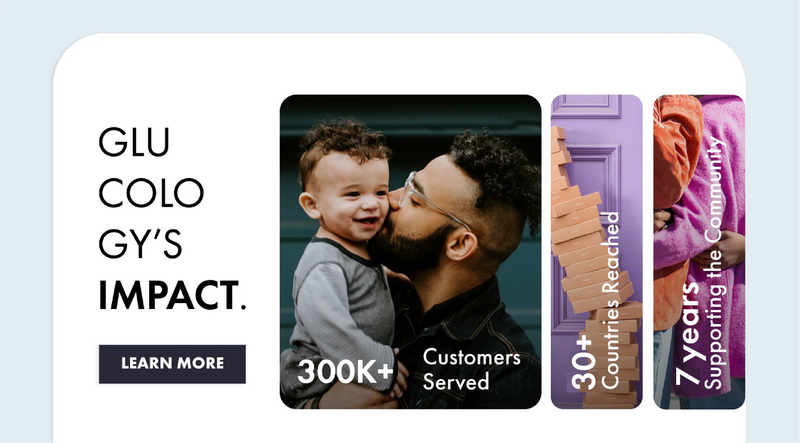Family gatherings, events and festivities during the holiday or weekend period usually involve various types of food and alcohol. This can make monitoring diabetes and blood glucose levels more difficult. There are two things to be mindful of when drinking; the number of carbohydrates contained in the drink and whether or not it contains alcohol.
--
When drinking non-alcoholic beverages, it is recommended to select diet alternatives rather than full-sugar beverages. A non-diet soda can contain as much as 49 grams of carbohydrate per serving compared to the zero carbs found in the diet equivalent.
--
Consuming alcohol in moderation can be safe for people living with diabetes. Drinking alcohol on an empty stomach can cause low blood glucose levels. It is important to be aware that low blood sugar can cause shaking and dizziness.
If you are consuming alcohol, consider the number of carbohydrates (these can be seen in the tables below). Both white and red wines provide a similar amount of carbs per 5-ounce serving, between 3 and 5 grams. Dessert wines, however, can contain up to 20 grams. Stay safe!
--
The content of this Website or Blog is not intended to be a substitute for professional medical advice, diagnosis, or treatment. Always seek the advice of your physician or other qualified health provider with any questions you may have regarding a medical condition. Never disregard professional medical advice or delay in seeking it because of something you have read on this Website or Blog.
If you think you may have a medical emergency, call 911 (in the US) or 000 (in Australia) immediately, call your doctor, or go to the emergency room/urgent care.

Remember to always seek advice from your medical practitioner before changing anything about your diabetes management. The above information is not medical advice




